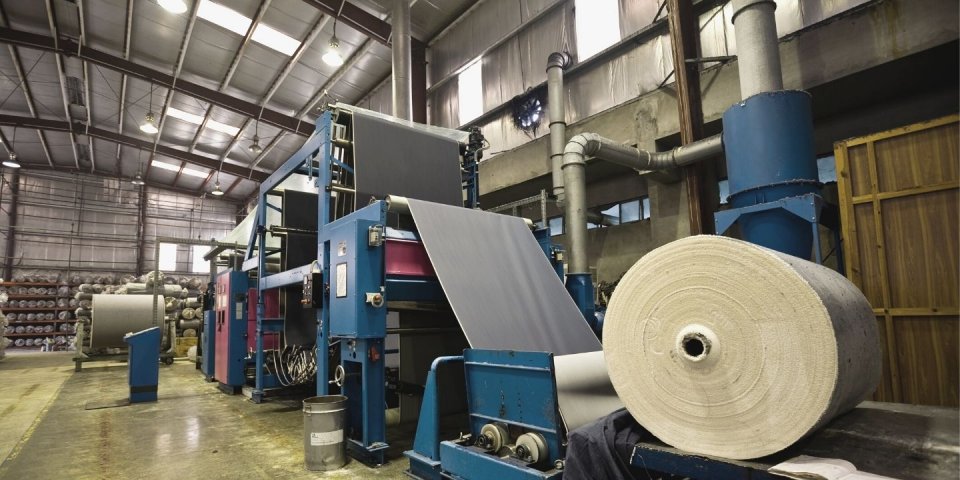

It’s a strong fibre that’s resistant to stretching and shrinking, and is also wrinkle resistant. You can find a variety of polyesters, such as PET which is used for soft drink bottles, but can also be extruded as a fibre. Likewise, newer dryers can reach temperatures greater than 150 degrees Fahrenheit.Polyester is a manufactured fibre made by combining a long-chain synthetic polymer with an ester from a substituted aromatic carboxylic acid. On the hot water setting, washers can reach temperatures between 130☏ and 140☏. Your polyester can experience this level of heat in the washer and the dryer. But it will experience shrinkage as low as 140 degrees. Polyester experiences the most shrinkage between 155☏ and 175☏. At What Temperature Does Polyester Shrink? It won’t shrink as much as 100% cotton, but the blend of cotton will typically increase shrinkage by about 5% – 10% compared to 100% polyester. That being said, a polyester-cotton blend will shrink more than a pure polyester blend. But it can shrink up to 20% in both width and length when it is laundered. You might be wondering how much does cotton shrink? While there is no definitive answer to this question as the amount of shrinkage will depend on the type of cotton fabric, the weave, the weight and even the color, generally speaking, you can expect cotton to shrink anywhere from 3-5%. Polyester is intended to be shrink resistant.Ĭotton is one fabric that is highly prone to shrinking and stretching. No, cotton shrinks much more than polyester. Typically, polyester will reduce the amount of shrinkage fabric experiences by one third to one half of the non-blended amount. If polyester is blended with a fabric that is prone to shrinkage, such as cotton, it will still shrink significantly.

Obviously, the amount of shrinkage will depend on the blend. Polyester blends, on the other hand, are more prone to shrinkage.

This amount of shrinkage often goes unnoticed. In most cases, 100% polyester will only shrink less than 5%. It happens inside washers, dryers, or steamers. While polyester is pretty resistant to heat, the combination of excessive heat and water can cause it to shrink.Īs stated above, polyester is a synthetic fiber that is generally resistant to shrinkage. HeatĬombining heat and water is called consolidation shrinkage. As a result, the polyester blend fabric will experience shrinkage.įelting shrinkage can shrink the fabric upwards of 20%-25%, depending on the blend. When you expose the other fabric to heat or moisture, it will interlock with polyester. Interlocking causes the fibers to get thicker and shorter. Polyester Blendsīlending polyester with natural fibers such as wool is called felting shrinkage. When you expose these fibers to moisture, the tension is released, and the fibers return to their original size. Relaxation shrinkage shrinks the fabric by about less than one percent.ĭuring production, polyester fibers are stretched. This type of shrinking is called relaxation shrinkage. Polyester slightly shrinks when exposed to moisture. Polyester shrinks because of three reasons: Moisture Polyester fibers are resistant to shrinking. Now let’s see in detail what causes polyester to shrink.


 0 kommentar(er)
0 kommentar(er)
